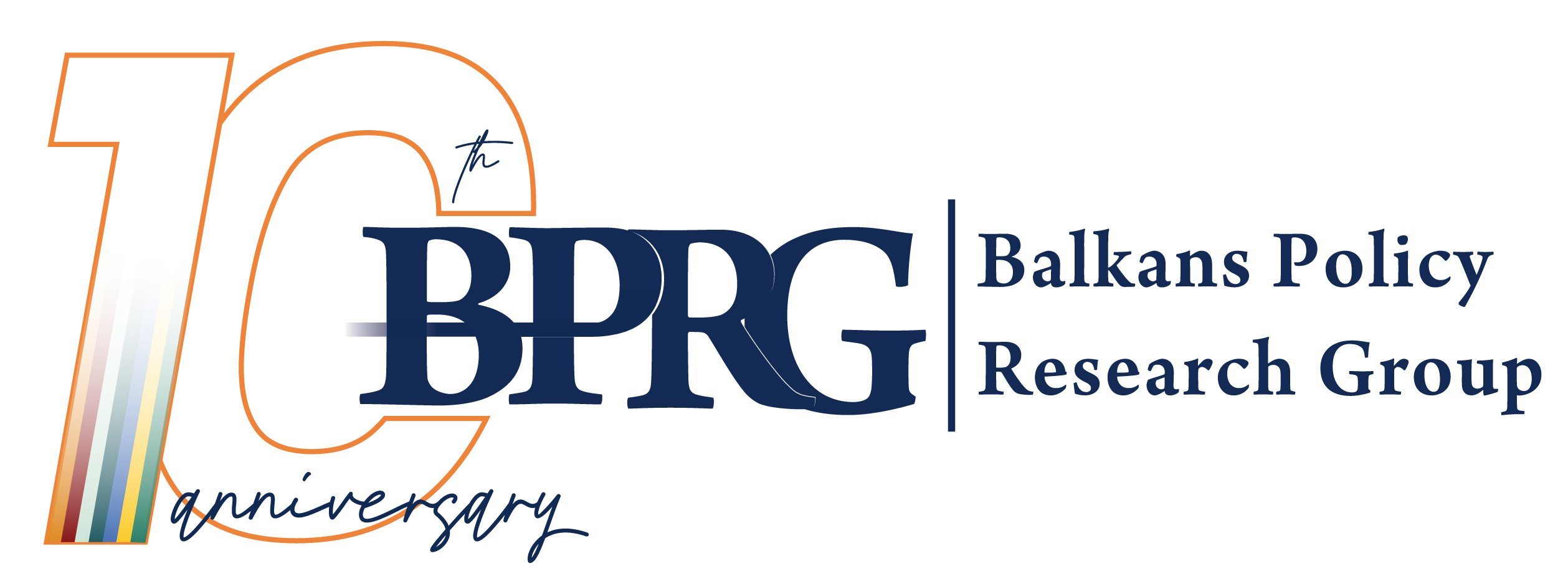The new Balkans Group report on Rule of Law in Kosovo reveals a disorganised judiciary that is defiant to reform. The report examines how the system is slow, inefficient and struggles to maintain independence.
The report provides an overview of the rule of law in Kosovo and then an in-depth look into the administration of the judiciary. The report finds, despite broad changes, that the judiciary has shown little improvement. The high level of corruption and lack of efficiency and accountability are clear indicators that the reforms did not produce the desired results. Little attention has been paid to the large court administration and the deficiencies of the staff and resources that make up this area. The court administration is actively resistant to change and requires a serious upgrade in terms of modernisation and mentality.
The report offers a wide range of recommendations. Balkans Group maps out key priority areas that must be targeted in the short to medium term for the different actors within the sector.
Recommendations to the government include, continuing the now long delayed functional review, implementation of key laws, donor coordination, proactively integrating Kosovo Serb graduates and pushing forward on the Case Management Information System.
Both the Kosovo Judicial Council (KJC) and the Kosovo Prosecutorial Council (KPC) are called upon to increase transparency and raise staff standards with better hiring rules, relevant training, appropriate evaluations and a code of ethics.
More recommendations are made to the Academy of Justice and Law faculties concerning quality training and curricula.
Improvements will only be felt if systematic changes take place and hold. Such recommendations must be taken seriously and acted on if the judiciary is to become a fully independent with competent institutions that provide fair and efficient service for all citizens of Kosovo.


